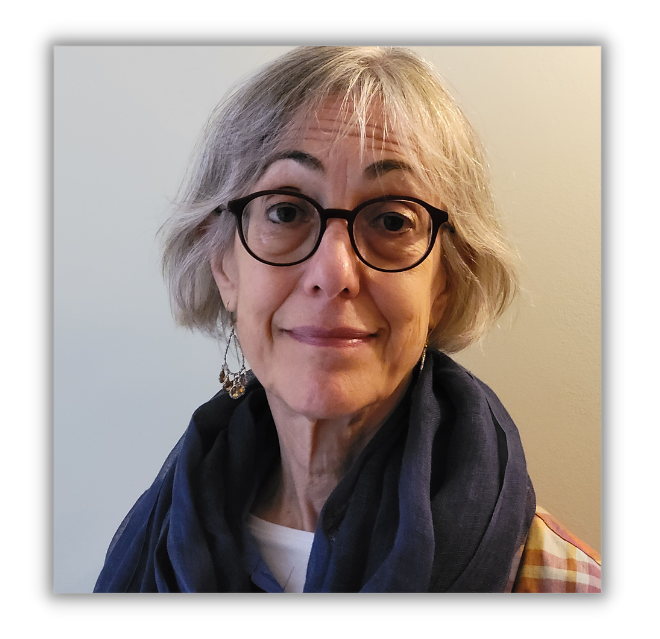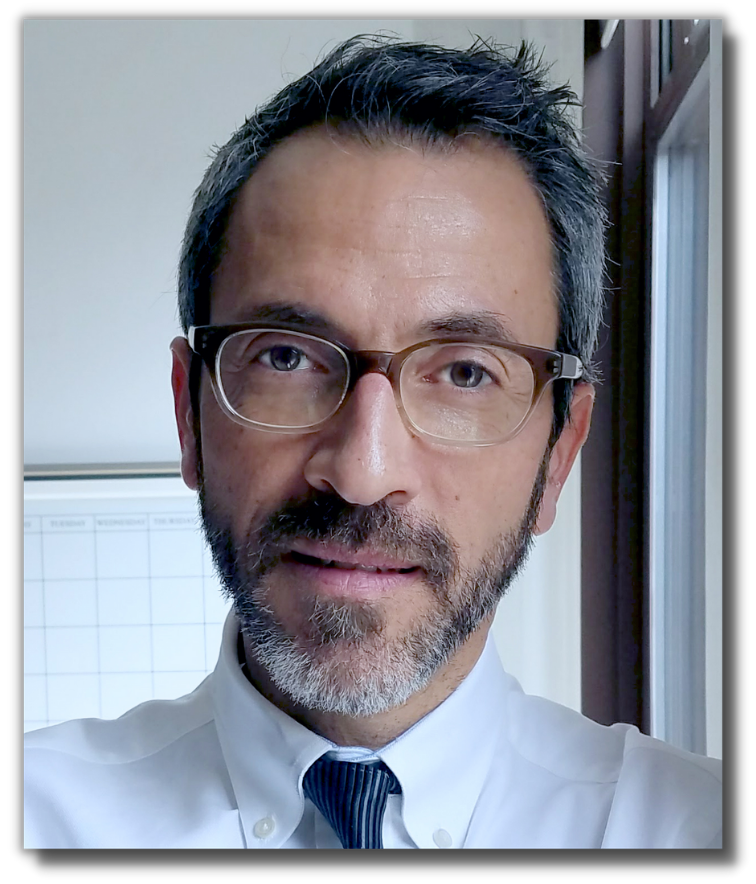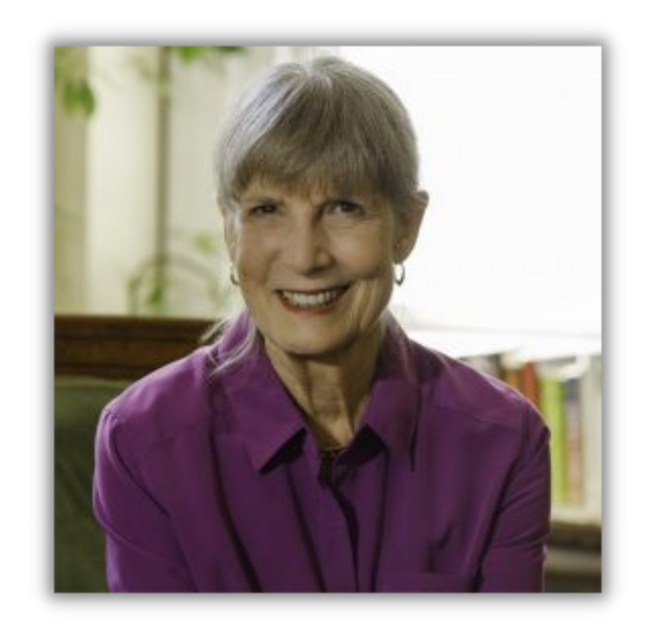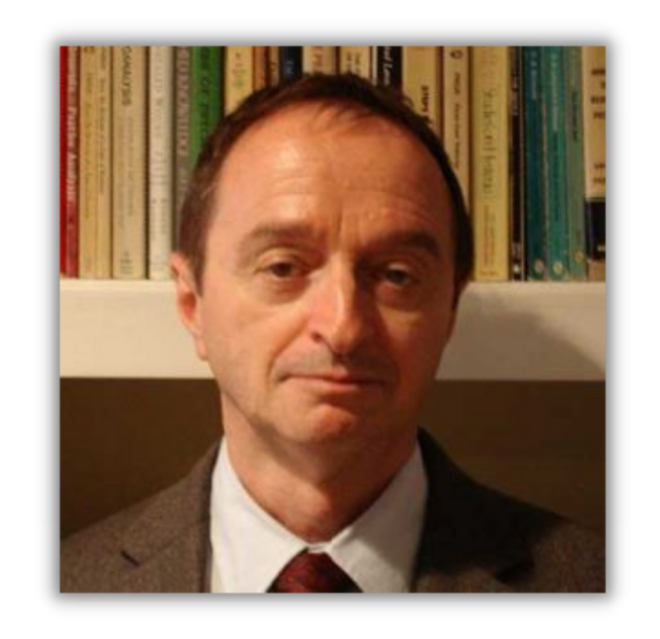
Discussion of Melanie Klein's paper Envy vs. Gratitude as wells Freud's views on competition. We'll also look at how it manifests in different personality types. Lastly more current views on competition will be discussed. Students are encouraged to share clinical or personal experiences as well as reflections on the material.
To register for this course, please email info@chdny.org.

Our class will discuss the distinction between shame and guilt, healthy vs. toxic shame, and behavioral/psychological manifestations (e.g. the "false-self"). Freud and Erickson's theories about shame's origins (e.g. toilet-training; 18 months to 3 years) will be explored as we focus on the role early environmental factors may play in our later relationships to shame and guilt.
Readings will be provided prior to the first class.

Students learn Freud's basic concepts of psychic determinism, instincts and drives, defense mechanisms, ego structure, the unconscious, dreams and symbolic communication, psychosexual development, and the repetition compulsion.

In this session, Nancy McWilliams, psychoanalytic author and scholar, gives the supervisory relationship some much-needed attention. McWilliams suggests that the emotional quality of the supervisory relationship is paramount—even more critical to learning than the skills usually emphasized in psychotherapy training. She notes that a strong supervisory alliance, focused on general psychological development, is good for the patient, the practitioner, and the practice. Attendees will gain an understanding of how psychoanalytic supervision can and should focus on emotional maturation and progress toward overall wellness (rather than models of psychological improvement that focus on reducing symptoms). McWilliams new book, Psychoanalytic Supervision, will be published in September.
SOLD OUT

Respected psychoanalytic practitioner, teacher, and mentor Dr. Stephen Ellis believes the work of being a psychoanalyst involves a moral obligation to be a serious student, and a commitment to finding others who can help you do your job well. As the pioneer of a groundbreaking community clinic intended as an extension of Freud’s original idea for free clinics, Dr. Ellis successfully applied a modern approach to treating psychiatric disorders that classic analysis said could not be treated with psychoanalysis. In an intimate, open dialogue, Dr. Ellis will share what he has learned from his many years of practice. For both new and seasoned practitioners.
SOLD OUT

This course will outline the physiological/hormonal changes we experience during low-grade anxiety and more intense anxious episodes and how these changes affect the brain. Exploring the different forms of anxiety (e.g., stress, phobias, and panic), students will participate in lively discussions on the merits and/or shortcomings of various psychoanalytic and cognitive disciplines.
Each class indicates which options are available.
Please contact the instructor for call-in information.
Requirements for self-study credit to be discussed with instructor.
Please contact the instructor to receive readings.
CHD Admissions Policy: CHD admits students of any race, color, national and ethnic origin to all the rights and privileges, programs, and activities generally accorded or made available to students at the school. It does not discriminate on the basis of gender, race, color, sexual orientation, age, disability, and national or ethnic origin in administration of its educational policies, admissions policies, scholarship, and other school–administered programs.